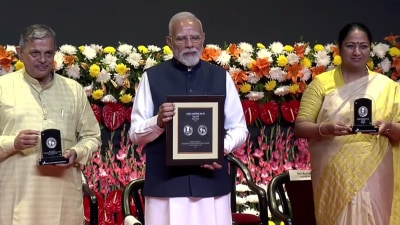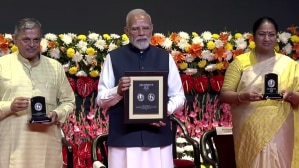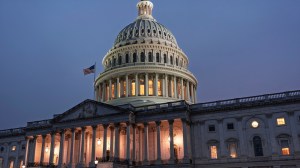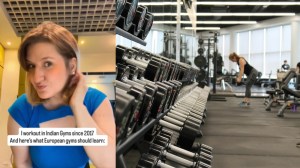India steels itself for fight with OECD
After months of dilly-dallying, India has decided to stand up to the might of the Organisation for Economic Co-operation and Development (OE...

After months of dilly-dallying, India has decided to stand up to the might of the Organisation for Economic Co-operation and Development (OECD) in protecting its steel sector.
Its six-pronged strategy before the WTO, approved by the Cabinet last month, retains the freedom to provide incentives to promote domestic production and capacity expansion. At the behest of the US, the OECD was mandated to frame a Steel Subsidies Agreement to eliminate processes—subsidies and export incentive schemes— that have lead to global over-capacity. Though, steel consumption and price have been on the climb ever since, the SSA is being pursued to ensure that the glut does not recur.
India’s stand, said the Cabinet proposal, ‘‘would be to ensure:
Flexibility to continue export incentive schemes;
Provide government guarantees for loans;
Provide aid for infrastructure support outside the premises of steel units; and,
No prohibition on expansion of steel-making capacity.’’
New Delhi’s rationale is that the industry in developing countries like India are characterised by low infrastructure and high capital cost which deter entrepreneurs from investing in new projects or expansion. And for the small sector, India wants that SSI units with production capacity of 5,00,000 tonne be exempted from the disciplines of any pact on locking plant capacities. These SSIs should also be exempted from any time limit to reach the threshold capacity.
India will also oppose a blanket ban on all steel-specific subsidies. Any pact, it emphasises, should adhere to WTO’s Subsidies Agreement, whereby a small category of subsidies be only prohibited, permitting others. India’s stand is: ‘‘Not to accept pre-authorisation or pre-notification of subsidies’’.
India does not provide steel-specific subsidies but there are generic export incentives that help the domestic steel producers. India is world’s eighth largest producer of steel with annual output 30 million tonne. Its share in global steel production and trade is a meagre 3 per cent and 1 per cent respectively.



- 01
- 02
- 03
- 04
- 05




























